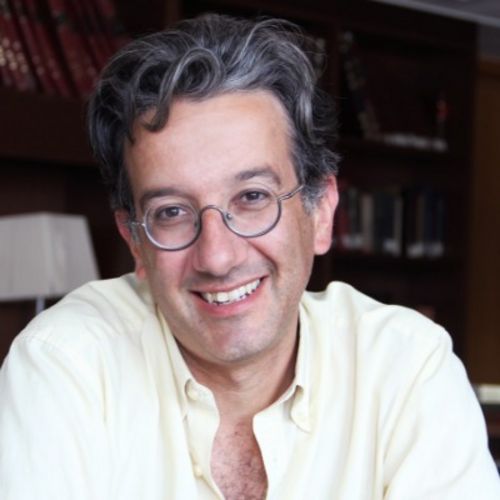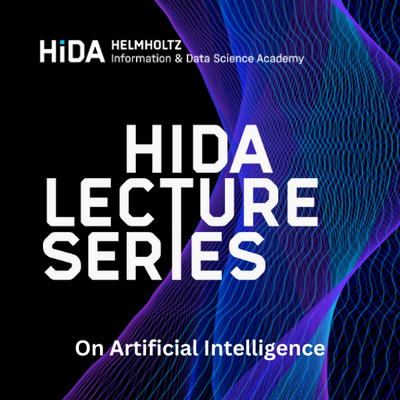Referent: Uri Hershberg Center for Biophysics and Quantitative Biology, University of Haifa, Israel
Titel: What is health? Taking a non dualist multi-scale approach to studying adaptive immune interactions
Datum: 21.09.2022, 9 Uhr
Abstract: The reductive approach which sees health as the rejection of the other - be it cancer or pathogens - is false. As we learn more about the individual characteristics of cells in the body and the variable forms of immune responses it becomes ever clearer that we need a new paradigm of study one that considers open systems of interactions across scales of biology rather than defining sharp borders of good and bad health outcomes. The immune system is comprised of multivariate B cells and T cells. To develop these repertories they must first be tested for some level of activity. They are then activated during an immune response. Most commonly this secondary activation is seen to be by pathogens. However, it is becoming every clearer that these are not the only events that interest or influence immune repertories and their role in promoting health. The immune system also helps to cultivate and moderate the commensal bacteria in our gut and is a key factor in the modulation of cancer and autoimmunity. Setting goals and borders for the immune system is thus not an effective way to understand what it is doing. Instead we should study as far as we can the processes of immune interaction and change. In this lecture I will present our attempts to charecterize how the genome of B cell receptors encodes the potential for change in the adaptive immune system and how this is translated into actual patterns of diversity, implemented in a specific immune response. I hope these ideas and findings will lead to further questions and help spark new conversations and research projects.
Uri Hershberg is Professor at the University of Haifa Department of Human Biology and at the Drexel University School of Biomedical Engineering, Science and Health Systems. He leads the Systems Immunology Lab at University of Haifa, which is one of the leading labs in the world for the study and computational analysis of B cell receptor repertoires. SImLab developed several tools for analysis and modeling of immunology experiments used for research published in Nature, Journal of Experimental Medicine, and other leading journals. Most importantly, they have developed ImmuneDB (immuneDB.com), a tool for rapid database creation, analysis, visualization, and dissemination of high throughput B cell receptor and T cell receptor sequencing experiments. In recent work, published in Nature Biotechnology, Dr. Hershberg has used ImmuneDB to lead the first study of B cell repertoires in human tissues, leading to the discovery that the gut and blood tissues have orthogonal B cell receptor repertoires.







